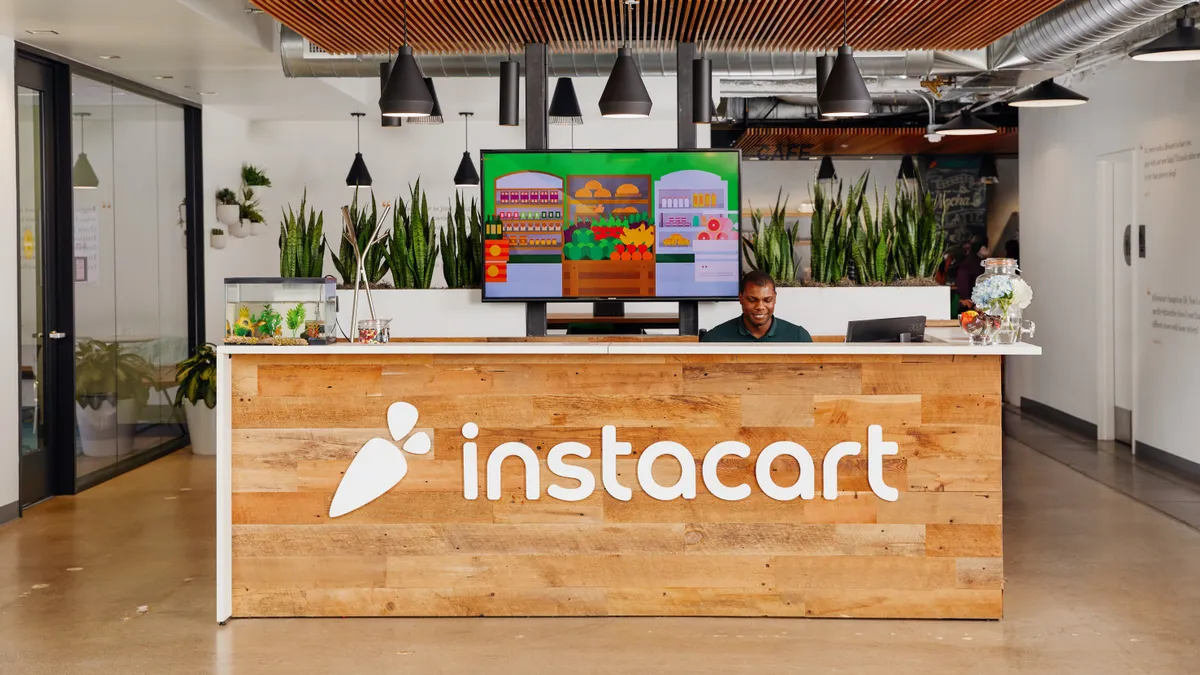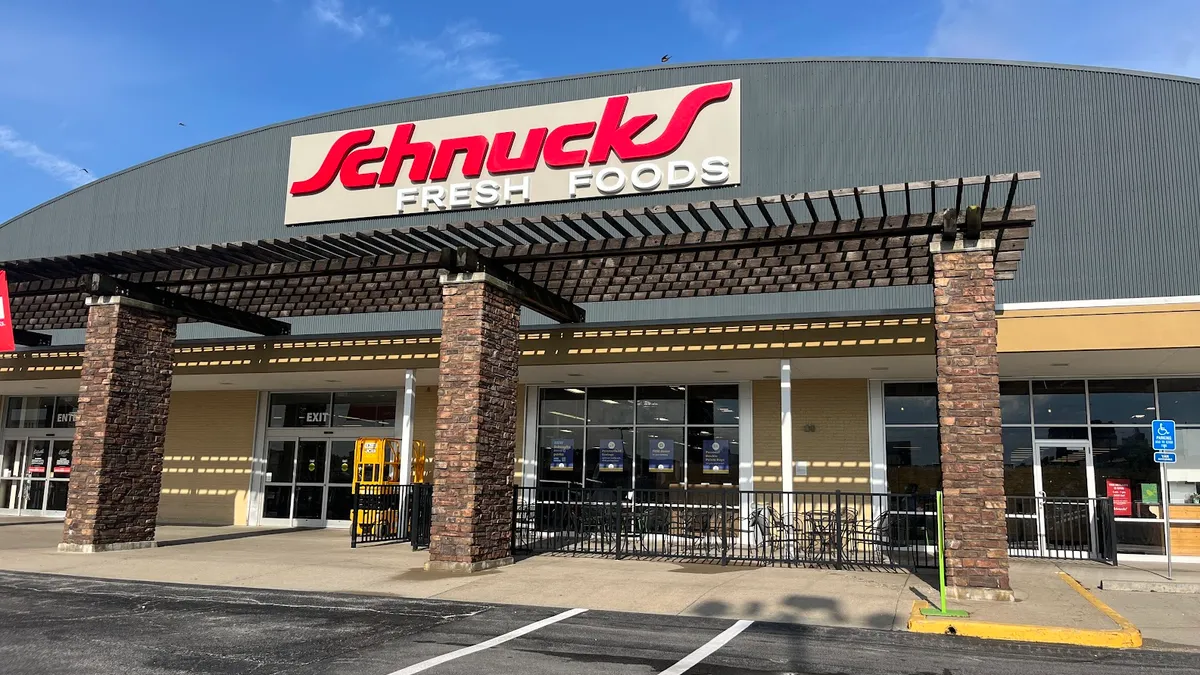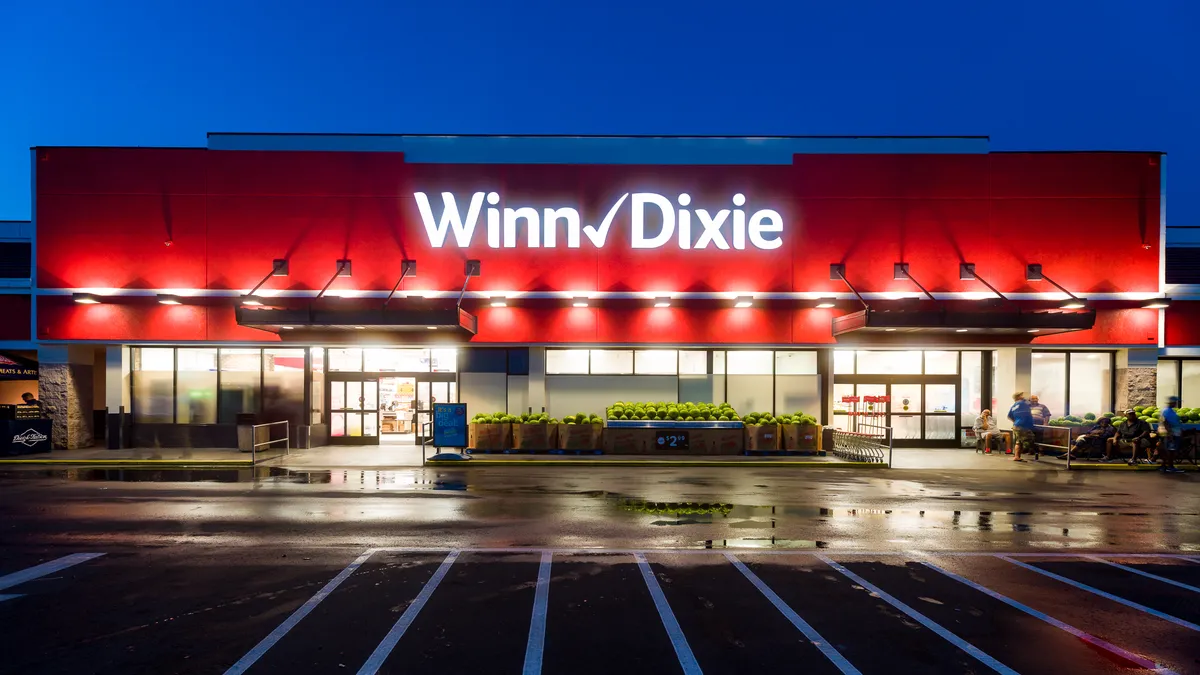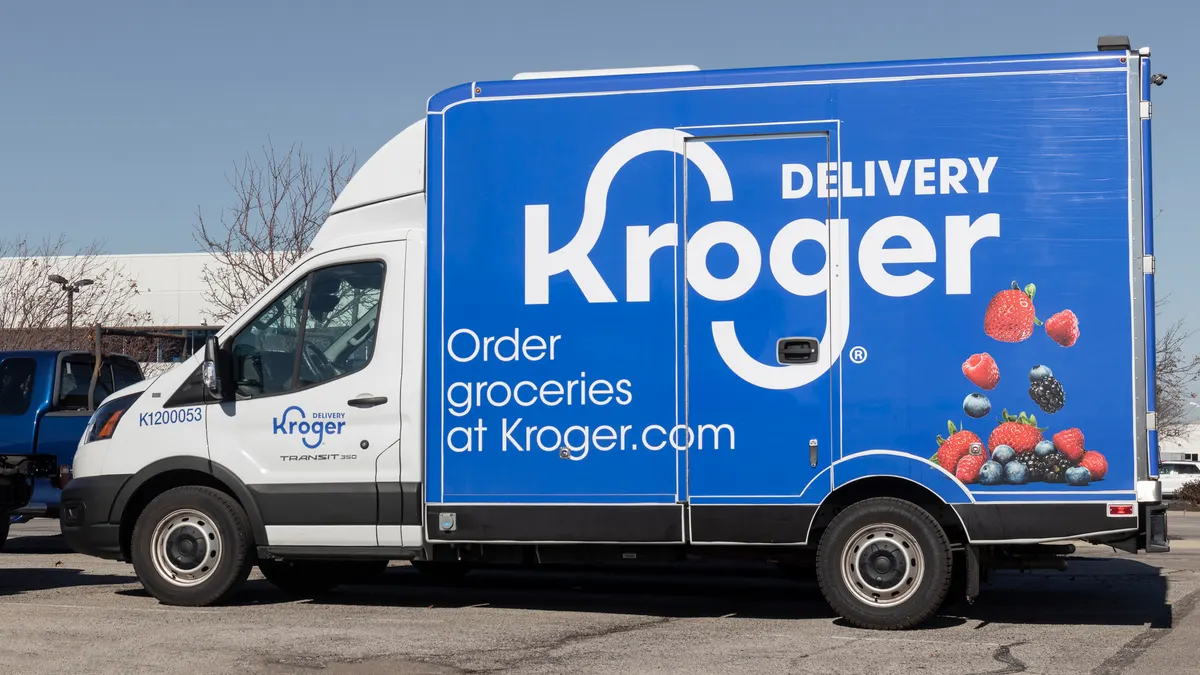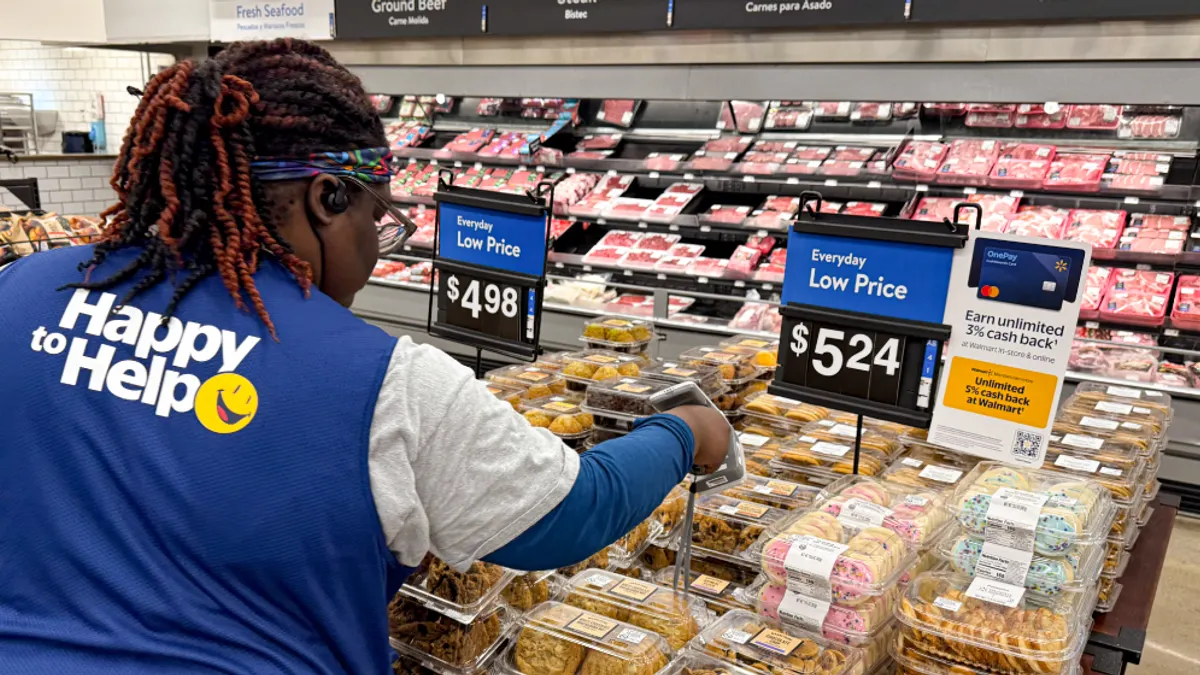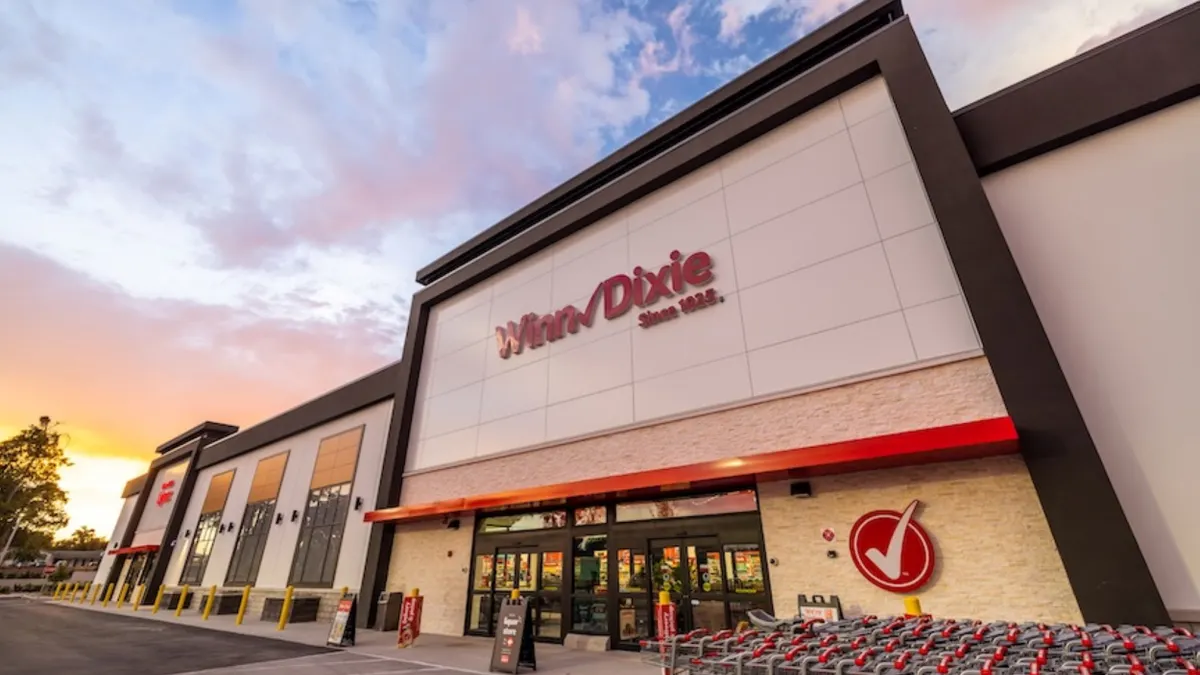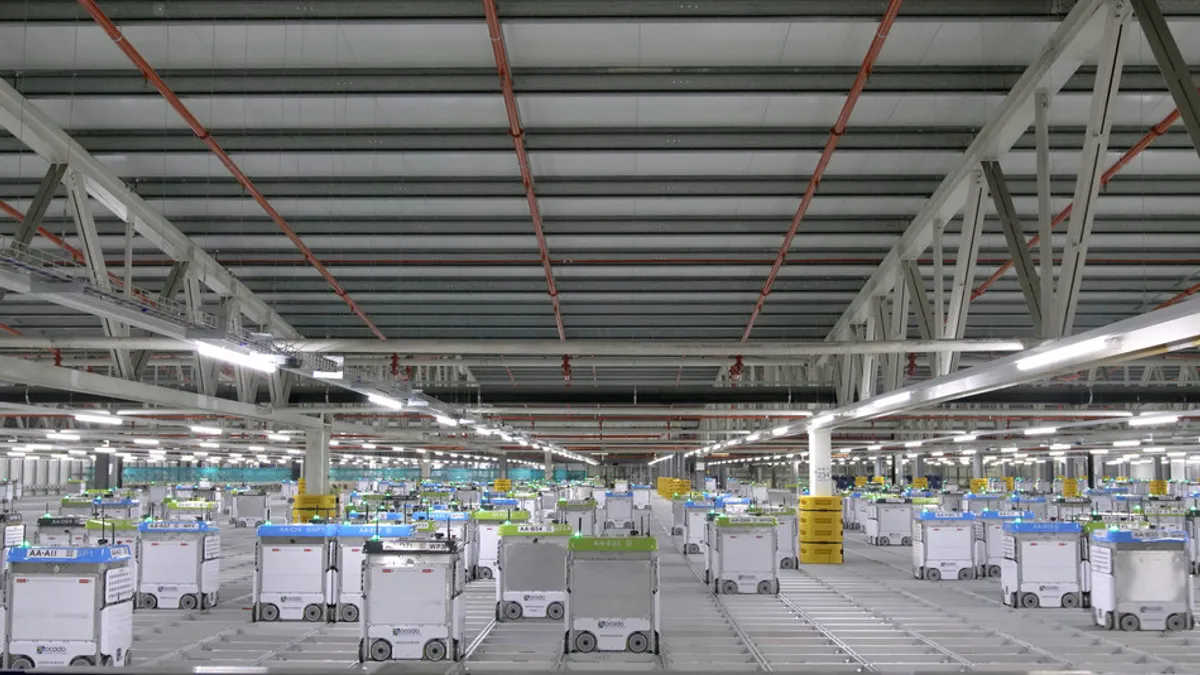Instacart has agreed to pay $46.5 million to settle a 2019 lawsuit filed by the City of San Diego claiming the grocery technology company misclassified its workers as independent contractors instead of employees, City Attorney Mara Elliott announced Monday.
The settlement includes more than $6 million in civil penalties that will go to the Consumer Protection Trust Fund to enforce consumer protection laws and restitution funds for roughly 308,000 people who worked for Instacart between September 2015 and December 2020. Workers will receive restitution funds based on the number of hours they worked during that period of time, the announcement said.
The settlement covers expenses such as maintaining and fueling their personal vehicles, using their own phones and paying for other equipment, like personal protective gear against COVID-19, that people covered themselves while working for Instacart. “For the most active workers, individual restitution payments will run into the thousands of dollars, though the exact amount will vary with the number of hours worked,” the announcement noted.
“Instacart has always properly classified shoppers as independent contractors, giving them the ability to set their own schedule and earn on their own terms,” Instacart said in an emailed statement. “We remain committed to continuing to serve our customers across California while also protecting access to flexible earnings opportunities for Instacart shoppers.”
Instacart noted that it provided several precautionary measures such as free health and safety kits that included personal protective equipment to its workers at the start of the pandemic.
The settlement includes no admission of wrongdoing, and Instacart claims that it properly classified its workers at all times, Elliott and Instacart said.
Instacart launched its service in the city and county of San Diego in mid-2016 and has built up a “strong presence” in the area, Elliott said.
Instacart noted that the lawsuit was filed prior to the start of the COVID-19 pandemic and before California voters chose “their preference for an independent contract model” — referring to Proposition 22 in California, which voters approved in 2020. In August 2021, a California judge ruled that parts of Proposition 22 were unconstitutional and that the measure in its entirety was unenforceable. Proponents have said they plan to appeal the ruling.
The City of San Diego’s legal dispute with Instacart arose following a California Supreme Court decision that created a standard for determining whether an individual is an employee or an independent contractor under state law, Elliott noted. A state bill passed in 2019 codified that decision into law.
“We are pleased to get justice for these delivery workers, who, at the height of COVID-19, provided an invaluable service to California households,” Elliott said in a statement. “My Office will continue our fight for the rights of workers statewide. We hope other gig-economy companies will also do right by their workers.”
Lyft and Uber are facing a similar legal dispute regarding worker classification in California. In 2020, the city attorneys for San Diego, Los Angeles and San Francisco along with the California Attorney General sued the companies, claiming misclassification of their drivers as independent contractors. That case was rolled into another lawsuit, which is still ongoing.
On Tuesday, the Labor Department announced a proposal that would make it harder for companies to classify workers as independent contractors.
“Misclassification is a serious issue that denies workers’ rights and protections under federal labor standards, promotes wage theft, allows certain employers to gain an unfair advantage over law-abiding businesses, and hurts the economy at-large,” the Labor Department said in a press release.
Instacart has settled previous disputes over payment policies. In August, the company agreed to pay $2.54 million to resolve a 2020 lawsuit by Washington, D.C., alleging that the company misled consumers into believing the “service fees” it used to charge them went to workers as tips.
In 2017, Instacart agreed to a $4.6 million settlement in a class action lawsuit brought by former workers claiming more than a dozen charges including improper handling of tips and neglecting to pay business expenses.


